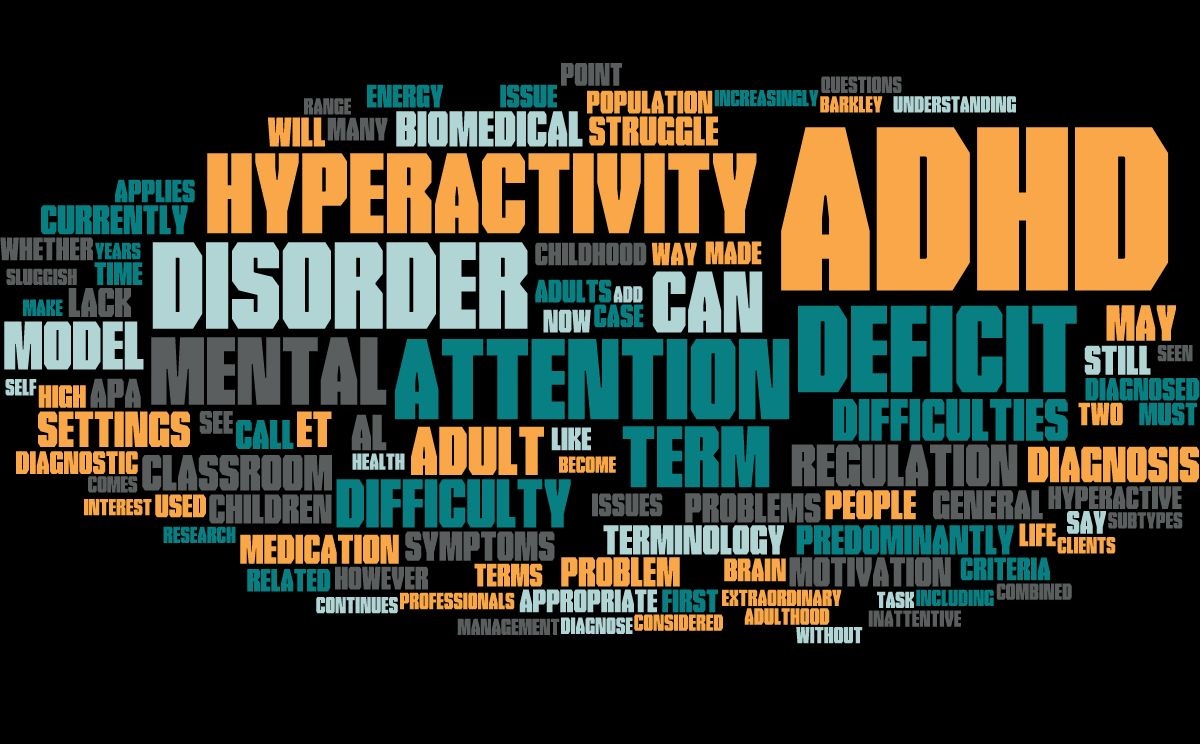Overview
ADHD, or attention deficit hyperactivity disorder, is frequently linked to challenges in a variety of spheres of life, including the workplace. On the other hand, people with ADHD have special talents that, in the right hands, can help them succeed at work. This essay examines how people with ADHD can succeed in the workplace by recognizing and utilizing their talents and skillfully handling setbacks.
Recognizing ADHD at Work
The neurodevelopmental disorder known as ADHD is typified by impulsivity, hyperactivity, and inattention. Although these characteristics can pose difficulties in a conventional work setting, they also offer a number of advantages that are beneficial in particular positions and sectors.
Keeping attention and concentration on tasks is one of the main issues people with ADHD encounter at work. They could have trouble prioritizing, managing their time, and remaining organized, which makes it hard for them to meet deadlines and complete tasks on time. Furthermore, impulsivity can lead to rash decisions, which isn't always a good thing in work environments.
But people with ADHD frequently exhibit originality, inventiveness, and unconventional thinking. They frequently have excellent multitasking skills and do well in hectic settings requiring rapid thinking and flexibility. These qualities can be extremely helpful in sectors where adaptability and creativity are highly appreciated, such as marketing, sales, entrepreneurship, and the creative industries.
Using Your Strengths
People with ADHD must recognize and make the most of their abilities if they are to succeed in the workplace. The following are some methods for utilizing strengths:
1. Leverage Creativity: People with ADHD frequently possess an abundance of original ideas and solutions. They can perform very well in jobs like advertising, design, and content development that call for creativity and unconventional thinking. People with ADHD can significantly benefit their teams and businesses by embracing their creativity.
2. Make Use of Hyperfocus: Although people with ADHD may find it difficult to stay focused on daily tasks, they frequently go through times of extreme concentration known as hyperfocus. They can give themselves over to a task that they find interesting or stimulating during these times. With the ability to identify when they are about to go into hyperfocus, people with ADHD can increase their output and complete activities more quickly.
3. Accept Energy and excitement: People with ADHD frequently approach their work with a lot of energy and excitement. They do best in fast-paced settings where they may constantly take on new tasks and challenges. People with ADHD can have a big influence and motivate others around them by putting their energy into something they are passionate about.
4. Create Adaptive methods: Developing adaptive methods to effectively manage problems is often necessary for those with ADHD to navigate the job. This could entail putting strategies and tools into practice to strengthen prioritization, time management, and organizing abilities. Setting clear goals, dividing work into smaller, more manageable steps, and using productivity apps can all help people with ADHD stay on track and achieve their goals.
Handling Difficulties
Even though people with ADHD have a lot going for them, there are certain issues that need to be resolved in the job because of these obstacles. The following are some methods for handling these difficulties:
1. Establish regimen and Structure: People with ADHD can remain focused and organized by following a planned regimen. It can be simpler to manage activities and obligations when there is a sense of consistency and predictability brought about by setting regular breaks, regular work hours, and a daily routine.
2. Divide Tasks into Handleable pieces: Tasks can be less intimidating and easier to complete if they are divided into smaller, more manageable pieces. To keep on task and prevent procrastination, people with ADHD can benefit from adopting checklists, prioritizing work, and setting deadlines.
3. Reduce Distractions: People with ADHD may find it challenging to concentrate on their task when they are distracted, which can hinder productivity. Enhancing focus and productivity in the office can be achieved by limiting access to distracting websites and apps, utilizing noise-canceling headphones, and setting up a calm, orderly workspace.
4. Seek Support and Accommodations: People with ADHD must speak out for themselves and look for accommodations and support at work. To help people succeed in their employment, this may entail talking about their needs with their employer or supervisor and asking for modifications like flexible work schedules, more breaks, or assistive technologies.
In summary
It takes a combination of self-awareness, perseverance, and practical problem-solving techniques for an ADHD employee to succeed at work. With the right knowledge and skills, people with ADHD may be invaluable members of their teams and organizations. People with ADHD can overcome challenges and succeed in their careers by using adaptive tactics and getting help when they need it. People with ADHD can reach their full potential and succeed in the workplace with the correct attitude and assistance.





Comments